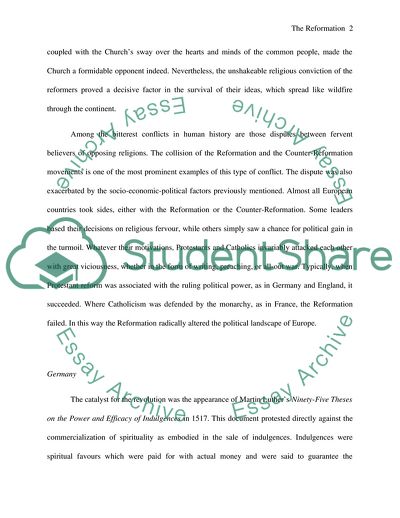Cite this document
(The European Reformations as the Most Transformative Events in the His Article, n.d.)
The European Reformations as the Most Transformative Events in the His Article. Retrieved from https://studentshare.org/religion-and-theology/1717659-how-disrupted-was-european-religious-life-by-lutheran-reformation
The European Reformations as the Most Transformative Events in the His Article. Retrieved from https://studentshare.org/religion-and-theology/1717659-how-disrupted-was-european-religious-life-by-lutheran-reformation
(The European Reformations As the Most Transformative Events in the His Article)
The European Reformations As the Most Transformative Events in the His Article. https://studentshare.org/religion-and-theology/1717659-how-disrupted-was-european-religious-life-by-lutheran-reformation.
The European Reformations As the Most Transformative Events in the His Article. https://studentshare.org/religion-and-theology/1717659-how-disrupted-was-european-religious-life-by-lutheran-reformation.
“The European Reformations As the Most Transformative Events in the His Article”. https://studentshare.org/religion-and-theology/1717659-how-disrupted-was-european-religious-life-by-lutheran-reformation.


